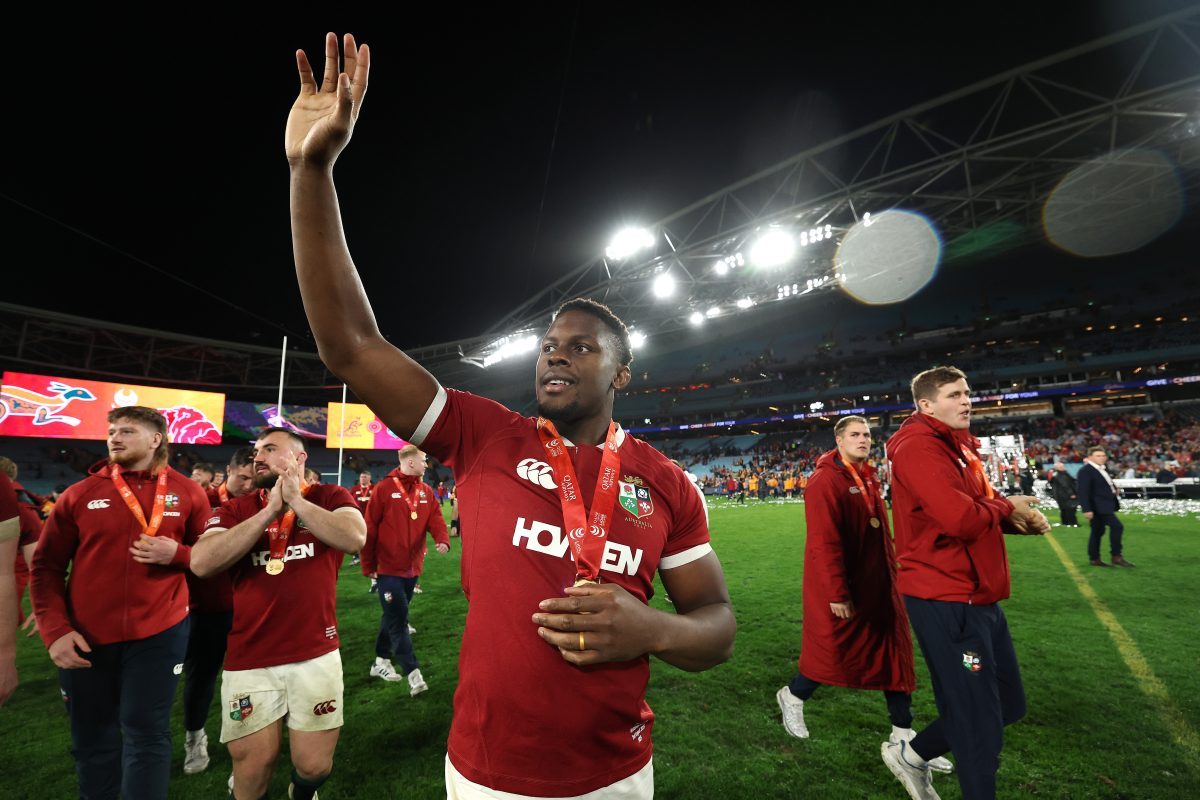Canterbury, a prominent name in sports apparel, is confronting a potential crisis as global inactivity rates rise. According to the World Health Organization, by the end of the decade, nearly 3 billion people could be classified as insufficiently active, a figure that highlights a troubling trend for businesses reliant on sports engagement. This issue is particularly alarming for Canterbury, a brand under Pentland Brands, which thrives on a healthy population actively participating in sports.
The concept of a looming “horrible inactivity pandemic” is underscored by Simon Rowe, Pentland’s Vice President of Sports Marketing. He notes that the alarming statistic of 80 percent inactivity among adolescents threatens not just public health but also the financial viability of sports brands. As people watch more sports than ever, the decline in active participation poses significant risks, with the economic toll of inactivity projected to reach $300 billion, according to the WFSGI Physical Activity Impact Report.
Rowe emphasizes the need for companies like Canterbury to adapt to these changes. “If four out of five people aren’t doing sport, what does that mean for a commercial entity like ours to be able to supply sports products?” he explained in an interview with City AM. He advocates for a more inclusive approach to sponsorship and partnerships that extend beyond traditional media value.
Fostering Engagement through Strategic Partnerships
Rowe’s innovative vision includes forging diverse partnerships that resonate with a broader audience. He points out that, “Ten to 20 years ago, deals were focused on media value and brand awareness but were lacking in depth.” He believes that the future of partnerships will depend on a genuine connection with consumers. A prime example of this strategy is Canterbury’s recent renewal of a deal with England’s top-flight women’s rugby competition, the PWR. This agreement ensures that all registered players are provided with boots and essential sportswear, addressing previous shortages that left many without proper equipment.
Rowe highlights the importance of supporting women’s sports, stating, “It’s one of our proudest deals.” The growth of women’s rugby, particularly surrounding the success of the Red Roses, underscores the potential for increased participation and engagement in the sport. He asserts that Canterbury’s commercial success is intrinsically linked to the vitality of rugby. “If we don’t have the game, we don’t grow commercially,” he added, emphasizing that profits reinvested into the sport are crucial for its sustainability.
Rethinking Corporate Responsibility in Sports
As societal attitudes toward health and wellness evolve, companies like Pentland Brands are increasingly reliant on a healthier population. There is a noticeable shift in the corporate landscape regarding Environmental, Social, and Governance (ESG) principles, which, while once gaining traction, appear to be waning in popularity among some businesses. Nonetheless, the importance of an active lifestyle remains paramount for brands that depend on consumer engagement in sports.
Rowe warns that the inactivity crisis is not a distant threat; it is a reality that may already be affecting the population. With participation in physical activities dwindling, the implications for sports brands and the broader economy could be profound. The need for action is urgent, as businesses strive to inspire communities to embrace healthier, more active lifestyles.
By addressing these challenges head-on and leveraging strategic partnerships, companies like Canterbury can work towards reversing the trend of inactivity. As they navigate this changing landscape, the focus remains on fostering a culture of participation that not only benefits the brands but also enhances the well-being of communities worldwide.







